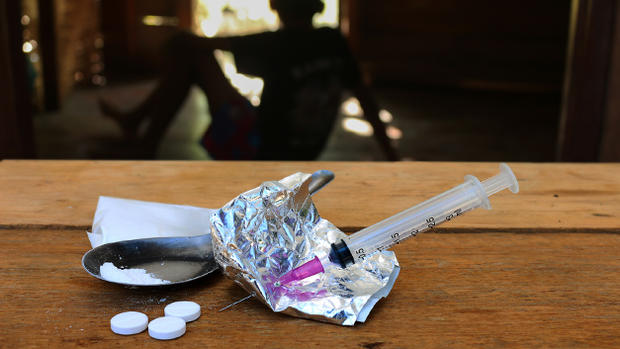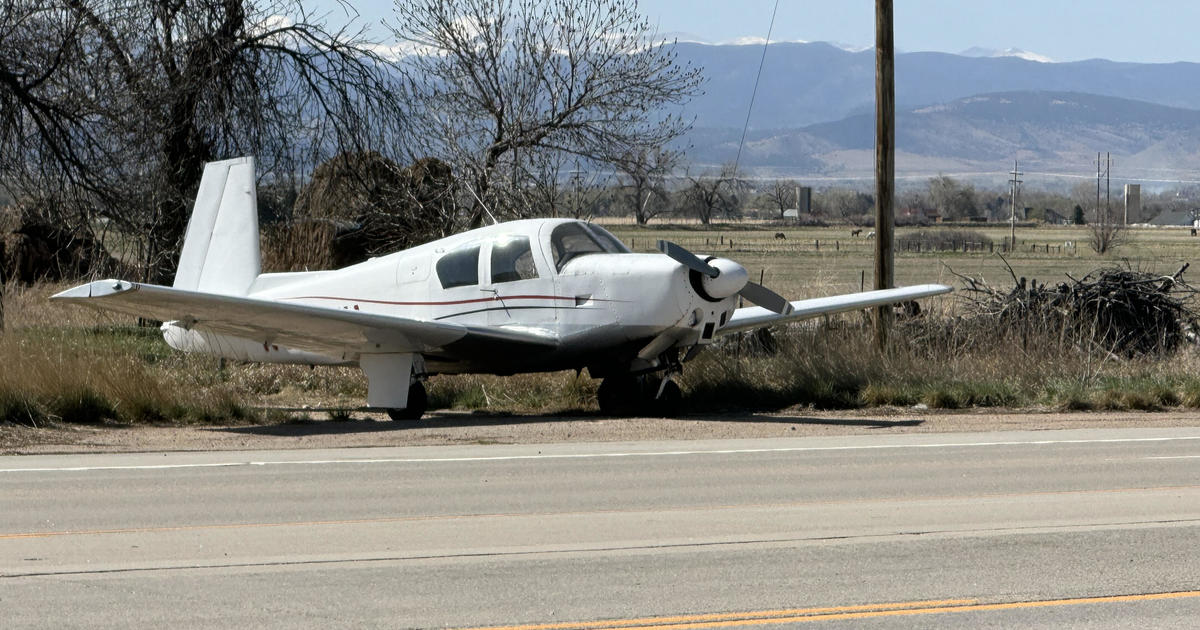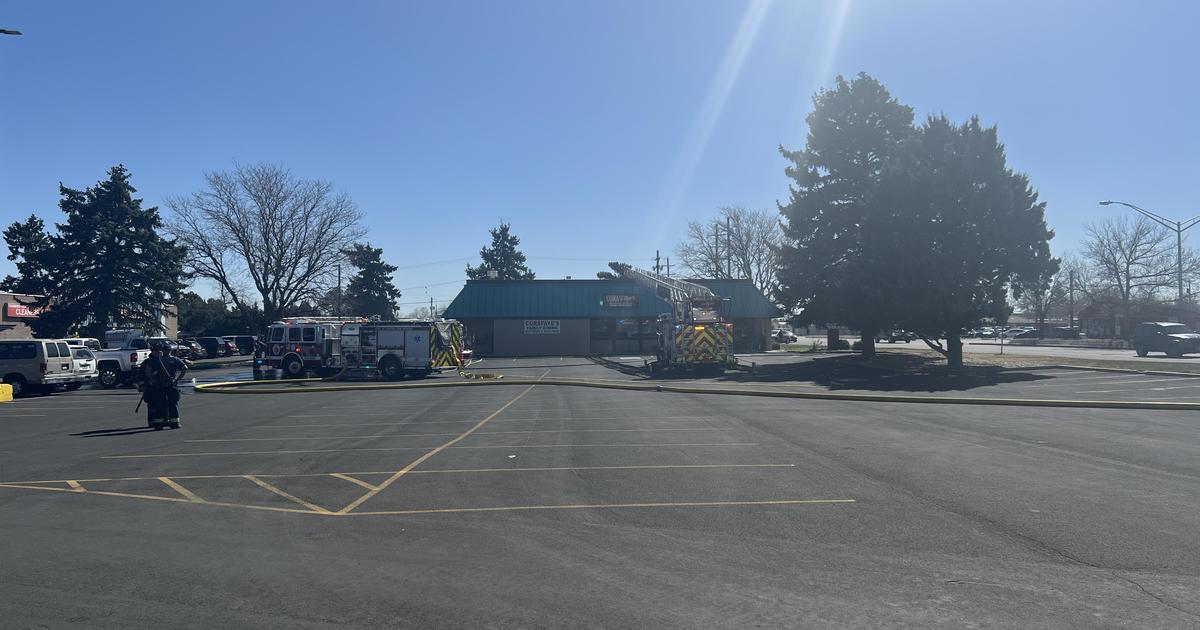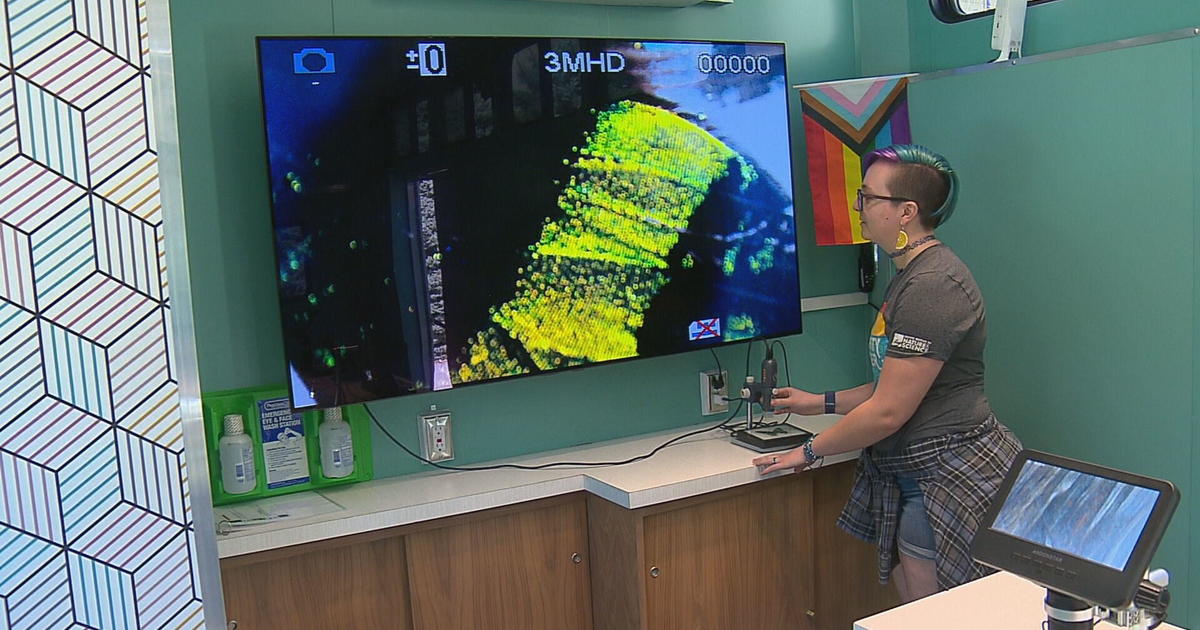Trump Declares Opioid Crisis A National Emergency
WASHINGTON (AP) — President Donald Trump's decision to declare the opioid crisis a nationwide public health emergency won't bring new dollars to fight a scourge that kills an estimated 142 Americans each day, but will expand access to medical services in rural areas and shift some federal HIV money to help addicts, White House officials said Thursday.
Trump used an afternoon speech to announce that he was directing his health department to take that step, according to the officials, who weren't authorized to publicly discuss the matter in advance and briefed journalists on condition of anonymity.
Administration officials said they would urge Congress, during end-of-the year budget negotiations, to add new cash to a public health emergency fund that Congress hasn't sent money to for years. They made clear that the declaration, which lasts for 90 days and can be renewed, comes with no dedicated dollars.
"An emergency declaration without significant new funds will likely be unsuccessful," Becky Salay, director of government relations at Trust for America's Health, a Washington-based public health research and advocacy organization, said in advance of the president's announcement. "The problem is enormous and requires a similar investment in a comprehensive strategy that includes primary prevention."
Leading up to the declaration, Trump had said he wanted to give his administration the "power to do things that you can't do right now." As a candidate, he had pledged to make fighting addiction a priority, and pressed the issue in some of the states hardest hit.
"When I won the New Hampshire primary, I promised the people of New Hampshire that I would stop drugs from pouring into your communities. I am now doubling-down on that promise, and can guarantee you - we will not only stop the drugs from pouring in, but we will help all of those people so seriously addicted get the assistance they need to unchain themselves," Trump told a crowd in Maine weeks before last November's election.
Once in office, Trump assembled a commission, led by Gov. Chris Christie, R-N.J., to study the problem, and he said an emergency designation would free up additional money and resources, though some advocates wondered whether that was enough.
Christie, in a statement, said Trump was taking "bold action" that shows "an unprecedented commitment to fighting this epidemic and placing the weight of the presidency behind saving lives across the country."
At a congressional hearing Wednesday, lawmakers from both parties expressed frustration during questioning of administration officials about federal spending to fight the crisis.
"I don't understand why more resources aren't flowing to help out a rural state like West Virginia," said Rep. David McKinley, R-W.Va.
Added Rep. Ben Ray Lujan, D-N.M.: "People at home don't feel like they're getting help."
Some health advocates worried that devoting more public health resources to opioids could divert attention and resources from cancer, diabetes, heart disease and other health concerns. They were looking for new sources of money and a willingness for Washington to work closely with state and local governments.
Nearly a year ago, Congress approved a $1 billion to tackle the crisis. Money is gradually reaching places where it can do some good, but with some setbacks and delays along the way.
In some locations, addicts are starting to get treatment for the first time. In others, bureaucratic hurdles prevent innovation, driving home the point that gaining ground on the epidemic will be difficult.
The $1 billion for states is part of last year's 21st Century Cures Act, which also addressed cancer research and medical innovation.
"It is a great opportunity, but it comes with a lot of angst," said Tom Hill of the nonprofit National Council for Behavioral Health, which advocates for addiction treatment providers. States have analyzed data, chosen contractors and are "just getting programs up and running right now."
—Alabama used some of its share to recruit 23 treatment providers to start more than 5,300 new patients on medications that block cravings.
—Ohio plans to train enough new doctors to treat at least 25,000 new patients with one of the addiction treatment drugs.
—Michigan is hiring 97 peer recovery coaches, many with histories of addiction themselves.
—Illinois has selected a contractor to run a 24-hour opioid crisis phone line.
But in other places innovation is stalled.
Washington state wants to buy and equip four mobile methadone vans to reach patients in underserved areas. Utah wants to use video to connect rural patients with a Provo-based doctor trained to prescribe buprenorphine, a medication used to treat opioid addiction.
Both efforts are on hold, lacking crucial regulations from the Drug Enforcement Administration. DEA spokesman Rusty Payne said agency officials "are well aware of the concerns on both issues and are currently developing rules to address them."
States got half their Cures Act grants in April and will get the rest next year. They must spend 80 percent on opioid addiction treatment. That's an incentive for some states to expand access to methadone, the oldest of the treatment drugs.
Florida, Idaho, Illinois, Kansas and Louisiana are among states with plans to do just that. In California, Aegis Treatment Centers, a for-profit company that is the state's largest methadone provider, will get up to $28.6 million over two years to expand into underserved regions.
Places such as Fellowship House in Birmingham, Alabama, are using drugs like Suboxone, a combination of buprenorphine and naloxone, with patients for the first time.
"When I took Suboxone, it was like a miracle," said one Fellowship House patient, 43-year-old John Montesano, a former long-haul truck driver with a 20-year pill addiction, chronic pain and no health insurance. "I'd be dead now" without it, he said. "Or worse, not dead" and still using.
Montesano recently marked six months without a relapse. He attends daily recovery meetings, works at a sandwich shop and plans to reunite with his wife. As long as the money goes for treatment "the way Fellowship House does it," he said, Congress "should release all the money they can spare."
(© Copyright 2017 The Associated Press. All Rights Reserved. This material may not be published, broadcast, rewritten or redistributed.)




